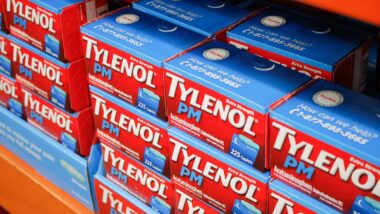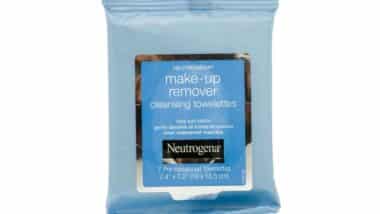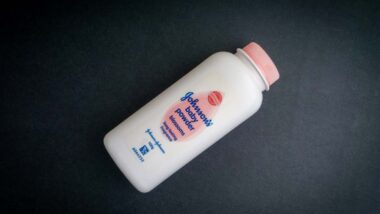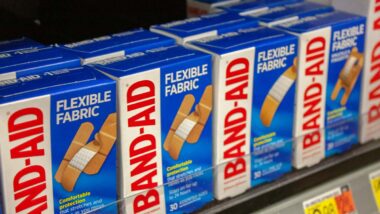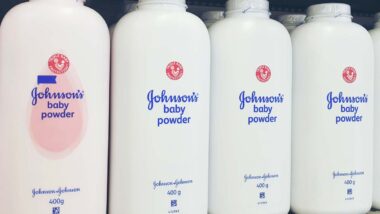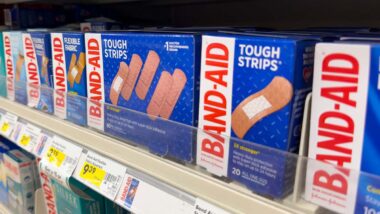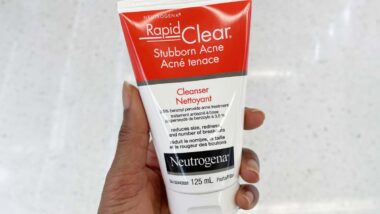 Johnson & Johnson faces a growing multidistrict litigation (MDL) from a number of claimants alleging the diabetes medication Invokana caused dangerous ketoacidosis and significant kidney complications. One of the most recent Invokana lawsuits comes from a Georgia woman who allegedly suffered serious Invokana kidney side effects.
Johnson & Johnson faces a growing multidistrict litigation (MDL) from a number of claimants alleging the diabetes medication Invokana caused dangerous ketoacidosis and significant kidney complications. One of the most recent Invokana lawsuits comes from a Georgia woman who allegedly suffered serious Invokana kidney side effects.
Each of these claimants complains that the manufacturer failed to disclose these side effects to them, and that there were safe alternatives for them to consider. Plaintiff Donna H. says she had been prescribed Invokana to treat her type-2 diabetes, after reviewing the marketing materials from Johnson & Johnson.
Donna began her Invokana treatment in August 2015 to treat her diabetic symptoms and to upkeep healthy blood sugar levels. However, not long after her Invokana prescription began, she reportedly developed Invokana kidney side effects.
According to her Invokana lawsuit, Donna was diagnosed with chronic kidney disease and renal insufficiency on Feb. 12, 2016. She was also suffering from severe dehydration at the time, and she required hospitalization to treat her symptoms.
Donna opted to file legal action against Johnson & Johnson, alleging the company knew of the potential Invokana kidney side effects and had failed to disclose this information to her.
Overview of Invokana Kidney Side Effects
On May 15, 2015, the FDA warned that Invokana and other SGLT2 inhibitor medications could potentially induce serious kidney damage and diabetic ketoacidosis. This warning came only two years after the release of Invokana, which was released into the market in March 2013 and was the first SGLT2 medication approved to treat type-2 diabetes.
SGLT2 inhibitors lower the patient’s blood sugar by signaling the kidneys to expel excess sugar through urination. However, this treatment mechanism may be causing serious kidney damage, as the drug directly interacts with the kidneys.
The 2015 warning came after the FDA’s Adverse Event Reporting System (FAERS) received 20 cases of diabetic ketoacidosis, ketosis, and ketoacidosis, all submitted from patients who were prescribed SGLT2 inhibitors. These injury reports were submitted between March 2013 and June 6, 2014, with each of the patients requiring hospitalization and visits to the emergency room.
Diabetic ketoacidosis is a relevant concern for diabetes patients, as the body becomes unable to metabolize sugar and is forced to metabolize fat due to low insulin levels. This causes the blood to become acidic, which often leads to serious kidney damage.
The FDA continues to warn patients and the medical community against the alleged correlation between SGLT2 inhibitors and ketoacidosis injuries.
Donna says that at all times relevant, she had followed all Invokana prescription instructions and the advice of her physician. She did not use Invokana for any unapproved purposes, and had no reason to be believe she could be at risk for Invokana kidney side effects. She states that she never would have opted for the medication, if she had known about the potential Invokana kidney side effects.
Donna is having her Invokana lawsuit join MDL No. 2750, where it will stand alongside other claims alleging similar Invokana complications.
This Invokana Lawsuit is Case No. 3:17-cv-04513-BRM-LHG, in the U.S. District Court for the District of New Jersey.
In general, diabetes drug lawsuits are filed individually by each plaintiff and are not class actions.
Do YOU have a legal claim? Fill out the form on this page now for a free, immediate, and confidential case evaluation. The attorneys who work with Top Class Actions will contact you if you qualify to let you know if an individual lawsuit or class action lawsuit is best for you. Hurry — statutes of limitations may apply.
ATTORNEY ADVERTISING
Top Class Actions is a Proud Member of the American Bar Association
LEGAL INFORMATION IS NOT LEGAL ADVICE
Top Class Actions Legal Statement
©2008 – 2025 Top Class Actions® LLC
Various Trademarks held by their respective owners
This website is not intended for viewing or usage by European Union citizens.
Get Help – It’s Free
Join a Free Diabetes Drug Class Action Lawsuit Investigation
If you or a loved one suffered ketoacidosis or kidney failure after taking Invokana, Invokamet, Jardiance, Xigduo XR, Farxiga, or Glyxambi, you may have a legal claim. See if you qualify to pursue compensation and join a free diabetes medication class action lawsuit investigation by submitting your information for a free case evaluation.
An attorney will contact you if you qualify to discuss the details of your potential case.
Please Note: If you want to participate in this investigation, it is imperative that you reply to the law firm if they call or email you. Failing to do so may result in you not getting signed up as a client, if you qualify, or getting you dropped as a client.
Oops! We could not locate your form.


